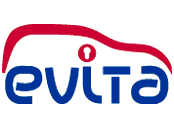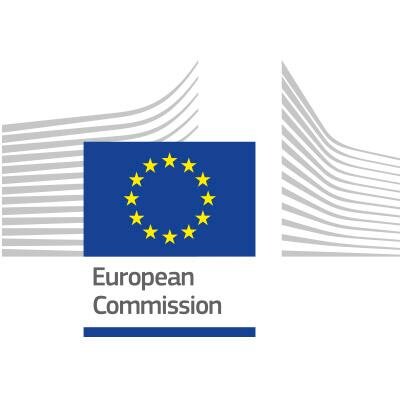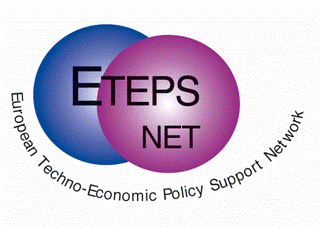Car to car and car to infrastructure communication has a great potential to further decrease road fatalities. But this implies a massive deployment of a communication infrastructure comprising the car, and consequently opens the door to vehicle intrusion threats, which will in turn create substantial threats to the overall car safety functions. Consequences may range from irritating malfunction of on-board commodity devices to dangerous failures, e.g. missing support for braking and/or steering which can create life threatening situations.It is the distinct objective of EVITA to address these threats by preventing unauthorised manipulation of on-board systems in order to successfully prevent the intrusion into the in-vehicular systems and the transmission of corrupted data to the outside. By focusing on vehicle intrusion projection EVITA complements SeVeCOM and NoW which focus on communication protection.Starting from identifying the necessary industrial use cases regarding assembly and field maintenance and compiling profound scenarios of possible threats, the overall security requirements are defined. On this basis a secure trust model will be compiled and a secure on-board architecture and protocol will be specified, verified, validated and, lastly, demonstrated. EVITA will release the architecture and protocol specification as an open standard.The consortium brings together all relevant expertise to successfully take the challenge: a car manufacturer, tier-one suppliers, security, hardware, software and legal experts. In order to guarantee a broad uptake of the open standard, EVITA will cooperate with the Car 2 Car Communication Consortium.
Status
Finished (07/2008-12/2011)
Clients
7th Framework Programme, European Commission, DG Information Society, Unit G4
Partners
- Fraunhofer Institute for Secure Information Technology (SIT), DE
- Robert Bosch GmbH, DE
- Continental Teves AG & Co. oHG, DE
- ESCRYPT GmbH, DE
- Infineon, DE
- Fujitsu Services AB, SE
- MIRA Ltd, UK
- Trialog, FR
- KU Leuven, BE
- BMW Forschung und Technik GmbH, DE
- GROUPE DES ECOLES DES TELECOMMUNICATIONS (institut Telecom), FR
- INSTITUT EURECOM, FR
Website
Deliverables with ISI contributions
- Dumortier, Jos, Christophe Geuens, Alastair Ruddle, Lester Low, and Michael Friedewald, “Legal framework and requirements of automotive on-board networks”, EVITA Deliverable 2.4, EVITA Project, 2011. http://www.evita-project.org/Deliverables/EVITAD2.4.pdf
- Ruddle, Alastair, David Ward, Benjamin Weyl, Sabir Idrees, Yves Roudier, Michael Friedewald, Timo Leimbach, Andreas Fuchs, Sigrid Gürgens, Olaf Henniger, Roland Rieke, Matthias Ritscher, Henrik Broberg, Ludovic Apvrille, Renaud Pacalet, and Gabriel Pedroza, “Security requirements for automotive on-board networks based on dark-side scenarios”, EVITA Deliverable 2.3, 2009. http://www.evita-project.org/Deliverables/EVITAD2.3.pdf
- Kelling, Enno, Michael Friedewald, Timo Leimbach, Marc Menzel, Peter Säger, Hervé Seudié, and Benjamin Weyl, “E-safety vehicle intrusion protected applications: Specification and Evaluation of e-Security relevant use cases “, EVITA Deliverable 2.1, 2009. http://www.evita-project.org/Deliverables/EVITAD2.1.pdf





